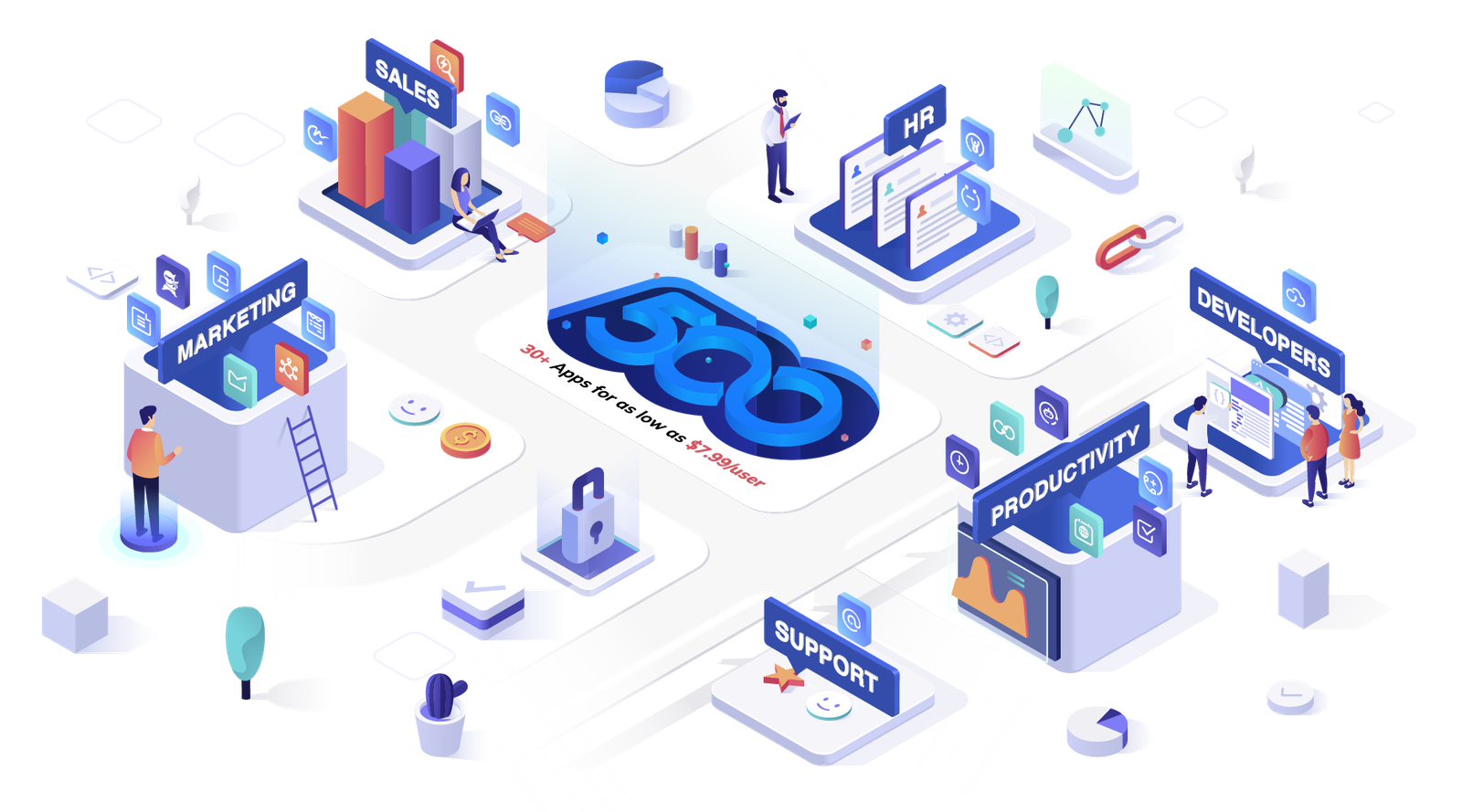
CRM software (customer relationship management software) is a tool that's designed to help your organization offer your customers a unique and seamless experience, as well as build better relationships by providing a complete picture of all customer interactions, keeping track of your sales, organizing and prioritizing your opportunities, and facilitating collaboration between various teams.
The purpose of a CRM is to store and manage all data for every kind of contact, from leads to business partners. The CRM tool organises this information to give you a complete record of individuals and companies overall, so you can better understand your relationship over time.


'Infologia Technologies' CRM software offers numerous functions, yet its primary purpose remains enhancing business-customer relationships. By managing all contacts and gathering critical customer data and past communications across various channels, the CRM ensures easy accessibility for all employees. This availability of comprehensive customer information empowers staff to deliver superior customer experiences, consequently elevating customer satisfaction levels.
Certainly! CRM software excels at creating a centralized database of customer information, accessible to all employees. This enables sales representatives to quickly identify customer preferences and past interactions, facilitating personalized sales pitches. By eliminating the need to search through old records, CRM streamlines processes, saving time for employees and enhancing the overall customer experience.
After acquiring and converting leads, it's crucial to focus on retaining them to foster customer loyalty. High customer turnover can lead to decreased revenue and cash flow disruptions. Utilize your CRM to leverage customer information and encourage repeat business. The CRM offers features such as sentiment analysis, automated ticketing, customer support automation, and user behavior tracking, enabling you to identify issues promptly and address them with customers efficiently.
CRM software provides detailed analytics to help businesses understand their customer data and how to use it effectively. These analytics contextualize data, presenting it in actionable formats and easily understandable metrics. Key metrics like click-through rates, bounce rates, and demographic information enable businesses to evaluate the success of marketing campaigns and optimize strategies accordingly.
CRM software boosts productivity and efficiency by automating marketing tasks like drip campaigns, freeing up employees' time for more creative work. It prevents tasks from being overlooked, ensuring important emails reach the right recipients. Moreover, CRM provides insights through dashboards, highlighting areas for workflow improvement within your business processes.
A CRM tool boosts sales by streamlining the sales process, building a sales pipeline, automating key tasks, and centralizing sales data. It helps establish a consistent, adjustable sales process, enhancing sales efficiency and productivity.
2024 All Rights Reserved by Infologia Technologies